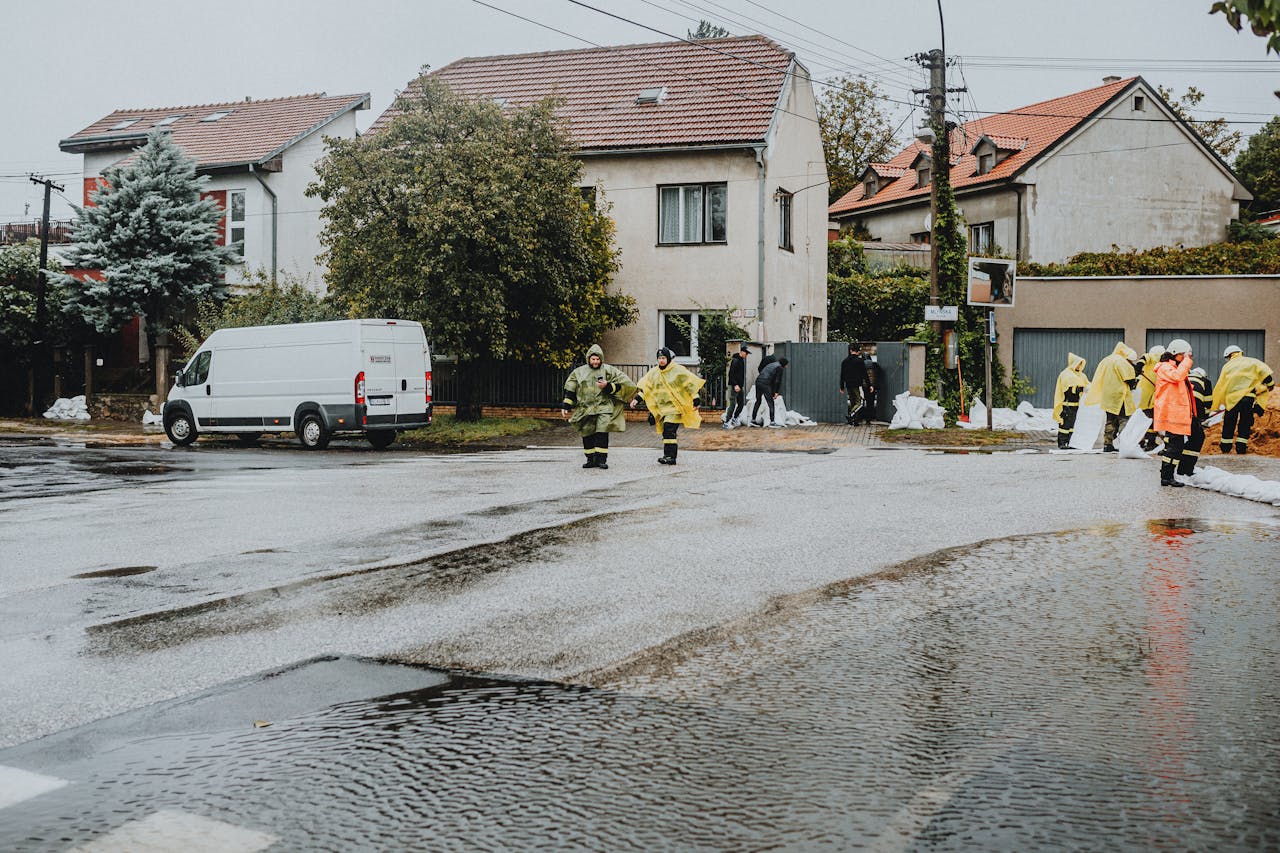The Nordic-Baltic region faces a range of unconventional threats, including hybrid attacks, cyber incidents, incited cultural conflicts, and campaigns of hatred, disinformation, and manipulation. Thus, building civic resilience is an essential aspect of civil society’s preparedness for potential crisis situations.
In such circumstances, fostering collaboration and synergy between NGOs and government institutions is invaluable. By working together, NGOs and the state can leverage their unique strengths, resources, and expertise to more effectively address and manage emerging challenges.
Project purpose and goals
The main project objective is to define the role of NGOs and equip them to take it effectively in civic resilience and threat management system on national and municipal level.
Main goals:
- Foster collaboration and partnerships among national and municipal level NGOs and government authorities.
- Identify the quality of partnership, interoperability, resources and support between government institutions and NGOs in the context of threats.
- Educate stakeholders about best practices and strategies for enhancing civic resilience in Nordic-Baltic countries and Ukraine.
- Strengthen Nordic- Baltic NGOs and government institutions’ cooperation for enhancing civic resilience and crisis management.
- Produce and advocate recommendations for improvement of interaction between government institutions and civic society.
- Strengthen NGO sector and its advocacy in civic resilience field.
- Raise public awareness on civic resilience.
Project target groups
- NGOs at national and municipal level
- Public authorities
Partners
- National NGO Coalition (Lithuania)
- Finnish National Rescue Association SPEK
- County Administrative Board of Skåne (Sweden)
Key events and activities
- Study visits to Sweden and Finland to learn about Nordic strategies, best practices, and challenges related to ensuring the inclusion of diverse voices and communities in civic resilience and crisis management processes.
- Introductory training sessions in 6 municipalities (Telšiai, Klaipėda, Kėdainiai, Kupiškis, Alytus and Vilnius region). An introductory one-day training session on the general crisis management system, crisis types, unconventional threats, civic participation in unarmed civil resilience, the role of non-governmental organisations and institutions and the principles of coordination and cooperation, the best practices and examples from Nordic countries and Ukraine.
- Pilot tabletop exercises at national and local levels in 6 municipalities. The aim of the tabletop exercise is to identify gaps, reach agreements and coordinate responses between different actors. Exercise scenarios will be related to unconventional threats (possible crisis), where public resilience and the ability to resist or engage in the crisis management process are important. A specific event (or their combination) will be defined during the needs analysis stage: hybrid threats, cyber-attack, intentional or unintentional accidents of strategic objects, etc.
- International Civic Resilience Forum in Parliament “Crisis Day: Lessons from Ukraine and the Nordic-Baltic countries”. One-day civic resilience forum for Nordic-Baltic and Ukrainian experts, NGO representatives, government and municipal institutions, business representatives, project partners, other relevant actors and stakeholders. The forum is dedicated to share and discuss of the necessary changes and next steps, based on the experience of Ukraine and the Nordic-Baltic countries and the outcomes of implemented activities and exercises.
- Advocacy, communication and dissemination A comprehensive advocacy, communication and dissemination campaign will be organised in order to ensure the visibility of activities, the implementation of project results and the involvement of citizens.






